According to Parliament's National Security and Foreign Policy Commission Spokesman Abolfazl Amouei, the "general outlines" of the double-urgency motion was passed with 248 votes in favor, during Tuesday morning's open session.
Amouei said the plan, the details of which await the lawmaker’s decision, aims to counteract unilateral sanctions imposed on the Islamic Republic by Western countries, topped by the United States,
It is also aimed to open the locks set on the country’s nuclear industry by unfair sanctions, he said, adding, “This plan is pursued to help move along the path of those who gave their lives for the sake of the development of the country's nuclear industry.”
"The nuclear program should proceed according to the needs of the country and we expect it to be strengthened after this [move], and the aim of the plan is to counter the sanctions imposed on the Iranian people by American and Western countries."
Amouei stressed that according to this plan, the West’s behavior against Iran should be changed. “The enemies should know that the assassination of our scientists will have costs, and they should not think that such acts will go unanswered if they commit a terrorist act.”
The counteractive plan was turned into a double-urgency on Saturday, following the assassination of a top Iranian nuclear scientist, Mohsen Fakhrizadeh, on Friday.
The plan obliges the Atomic Energy Organization of Iran (AEOI) to produce at least 120 kg of 20-percent enriched uranium annually and store it inside the country within two months after the adoption of the law.
According to the motion, the AEOI should start the installation, gas injection, enrichment, and storage of nuclear materials up to an appropriate enrichment degree within a period of three months using at least 1,000 IR-2m centrifuges.
The motion also requires the Iranian government to stop any regulatory access beyond the Additional Protocol within two months of its enactment in line with Articles 36 and 37 of a multilateral nuclear deal -- officially known as the Joint Comprehensive Plan of Action (JCPOA) -- signed between Iran and major world powers in 2015.
Based on the motion, if the European parties to the JCPOA start observing their obligations within three months following approval of this law, the Iranian administration should submit a proposal to the parliament on Iran's reciprocal measures for restoring full implementation of its JCPOA obligations.
MR/IRN84130542

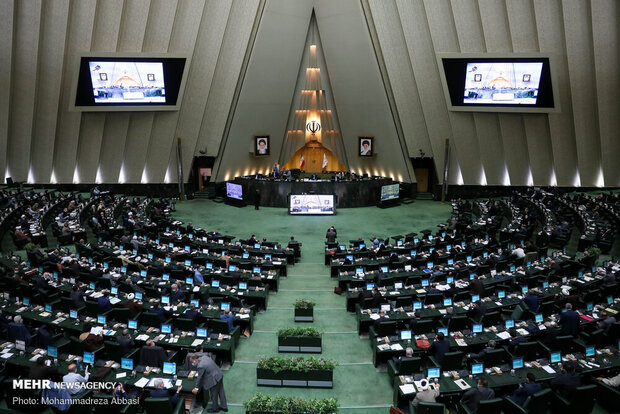
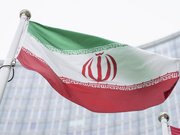
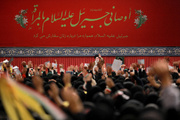
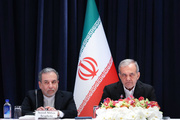




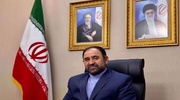







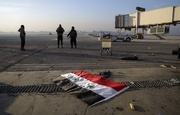

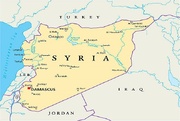
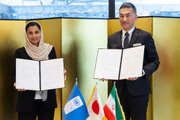
Your Comment